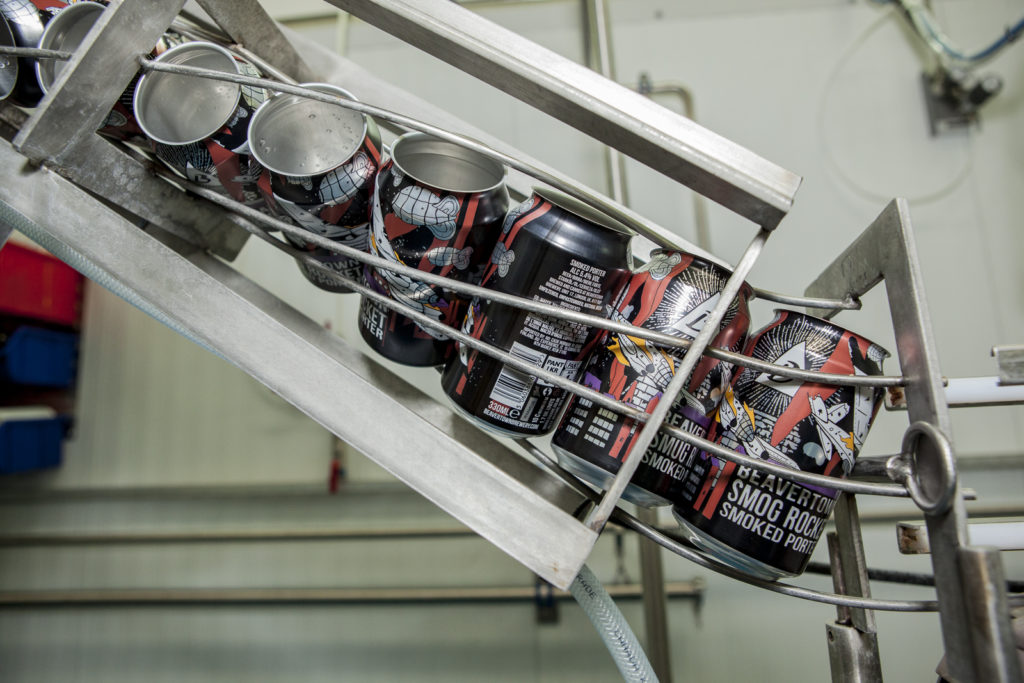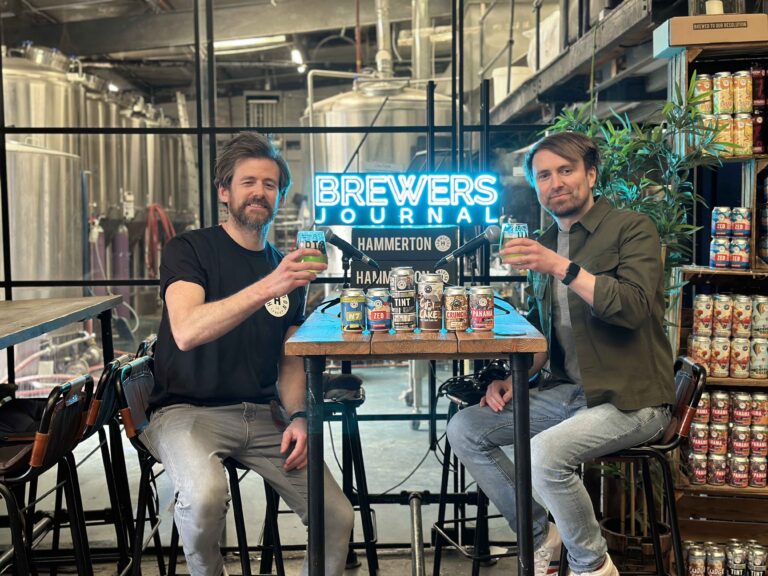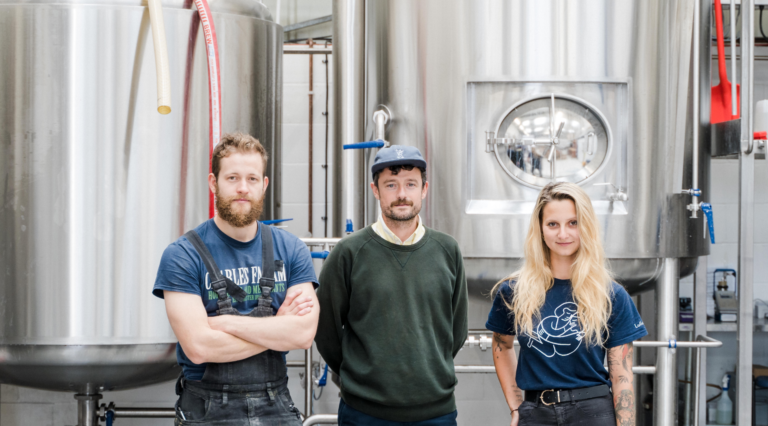Most of those in-between were left to look longingly at their US brethren, ably canning their beers with an enviable ease. But as breweries in the UK and Ireland continue to flourish, so have the avenues available to those wanting to can beers and increase their routes to market.
So when Beavertown Brewery’s Logan Plant took the major decision to move the majority of the company’s beers into cans, it was a key moment in the brewery’s journey to date, and arguably one that has gone to great lengths in increasing the visibility of the brand in pubs, bars, and bottle-shops across the land.
With cans now accounting for 95% of Beavertown’s small-pack sales, it’s no surprise that he lauds it as “one of the best decisions we made as a company”.
The ongoing debate surrounding the merits of packaging your beer in can or bottle shows no sign of abating. While a can’s ability to protect a beer from light penetration, is unlikely to be argued by even the most ardent advocate of bottling, issues of taste and quality, and which vessel is the superior option to convey these, rages on.
However, a cursory glance towards off licenses and bottle-shops show one thing, an increasing number of breweries are turning to cans as a means to ship their beer.
Tipping Point
UK sales of packaged beer is up and the balance between bottles and cans is tipping. Consumers are embracing canned beer to such an extent that the UK is arguably in the midst of its own ‘independent canned beer movement’ echoing the trend that hit the US more than a decade ago.
“People are changing, and the way they drink beer is changing. Canned beer is an ethos that an increasing number of breweries, not to mention consumers, are embracing, and it’s only going to continue to grow,” explains Andy Hughes, director at WeCan Solutions.
The company provides a contract canning service for small / medium volume beverages and, according to Hughes, business has never been busier with breweries wanting to make their forays into canned beer production. But why?
“Cans are innovative, and the ability to can relatively small amounts makes the whole process achievable. We are talking about very small breweries that are conditioning 1,000 litres, and our aim all along was to assist brewers, and allow them to compete and take their product to market,” he adds.
Hughes also points out that not only are beer cans easier to transport, but that they also open up different markets for beer, such as sporting events where bottles are prohibited.
“We had a customer in Holland recently who was producing beer to be sold at a cinema. It’s only when it came to the packaging phase that it emerged that the cinema wasn’t going to allow glass bottles to be sold there. We ended up canning 15,000 cans for the client and it’s a simple example of one benefit cans had over glass,” says Hughes.









